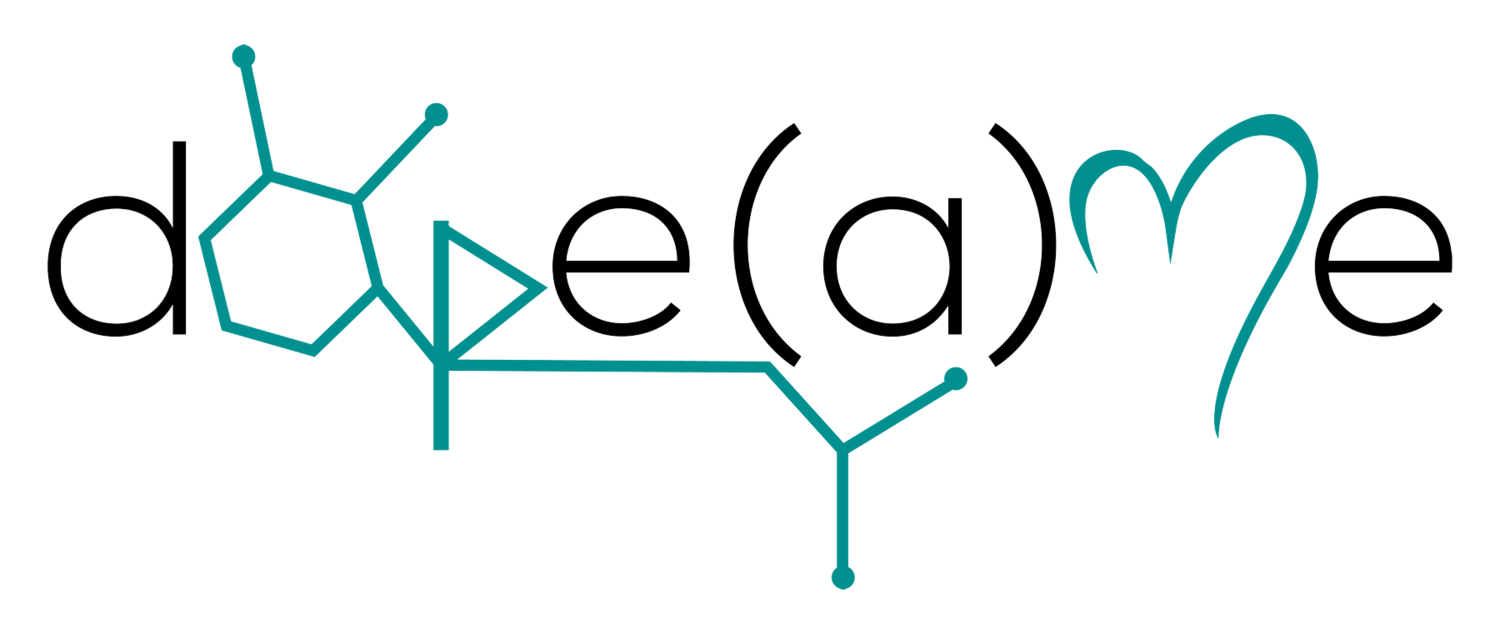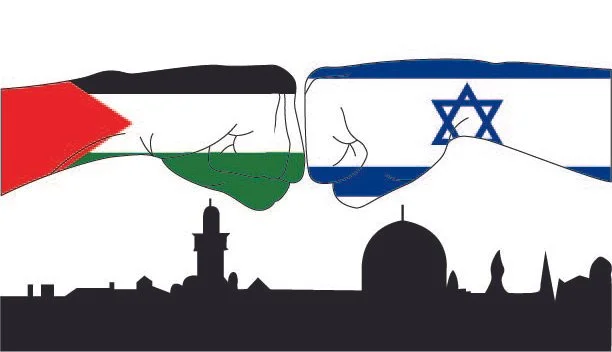“All too often our so-called strength comes from fear, not love; instead of having a strong back, many of us have a defended front shielding a weak spine. In other words, we walk around brittle and defensive, trying to conceal our lack of confidence. If we strengthen our backs, metaphorically speaking, and develop a spine that’s flexible but sturdy, then we can risk having a front that’s soft and open...How can we give and accept care with strong-back, soft-front compassion, moving past fear into a place of genuine tenderness? I believe it comes about when we can be truly transparent, seeing the world clearly—and letting the world see into us.” - Roshi Joan Halifax
As I listened to this conversation yesterday between Tara Brach and Dr. Gabor Mate on the Sounds of Sand podcast, I was moved by the wisdom, vulnerability and relatability in what they shared. We are at a crucial time when it has become more apparent that silence and inaction are perpetuating harm, yet action and speaking up can also be divisive and harmful when it comes from our fear, our wounds, and our reactivity.
I am in the process with a few of my fellow students in my MSW cohort of organizing a talking circle with students and faculty of social work at the University of Calgary. I am moved to be in action in a way that is guided by the embodiment of compassion. We all need more examples around us of how to show up in difficult conversations during divisive times, modelling how to listen and express understanding while also leading towards a common humanity.
As Tara Brach says in this episode, we can’t seek a common humanity at the expense of another human. We need to be in action on behalf of ending suffering for all, and that requires holding space and being with the suffering without blame, hatred, or othering - or at the very least, holding space for those reactions as valid while also creating space for perspective, understanding and moving towards love.
I have been playing with the question of ‘what would love do?’ in moments when I pause and feel into what feels blocked or confused in my system. Tara mentions the work of Frank Ostaseski and his prompt, ‘what is love asking?’ Both of these questions are guiding us towards the state of a more fully embodied Self. The Self that is compassionate, loving, patient, understanding, reassuring, expansive and wise. As an embodied state this leads to the wise discernment that is depicted in the quote at the start of this post. A strong back or spine is flexible and sturdy as it creates security internally from a deep knowing of truth and presence, and a soft and receptive front, or heart, that can see and feel the reactivity in others (and ourselves) as a symptom of the immense suffering we are all learning how to be with.
As we move forward let’s do so with the intent to validate and allow for suffering. When I listen and understand your suffering, this does not mean I negate or diminish my own or anyone else’s suffering. Let’s move away from the colonial framework that pits us against each other, that assumes we are separate, that feeds off our competition and individuation, and says there are winners and losers. There is a way forward in this, and it starts by turning inwards and learning how to be gracious, loving and patient with your own suffering. Today, slow down and breathe, feel and listen to your body, and then hold space with the prompt…”what is love asking of me? or what would love do”? See what happens.
xo
Further Resources:
Documentary - Where the Olive Trees Weep

